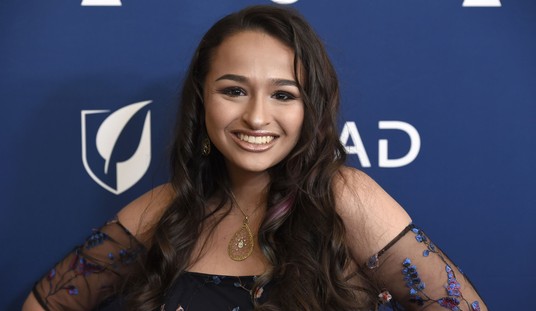Venezuelan President Hugo Chavez won reelection for a fourth six-year presidential term in October, but since his reported cancer operation in Cuba in early December, he has neither spoken nor been seen publicly — which is turning into something of a problem for him, considering that a president is traditionally supposed to be present for his inauguration.
On Thursday, the ideologue – who has used his country’s oil riches to bankroll left-wing bed-fellows across Latin America, forged a cosy alliance with Iran and assailed the US from its back yard – is due to be celebrating his next inauguration.
But there will be no joyous scenes. For this weekend, he is lying close to death in a Cuban hospital bed, quite possibly being kept alive on a ventilator, suffering from respiratory problems and a severe lung infection after his fourth round of surgery in 18 months for an undisclosed type of pelvic cancer.
His illness has already sparked a constitutional crisis in Venezuela, where he won a hotly-contested election in October but has not yet started a new term. His death would send shock waves across the region and could endanger the survival of Cuba’s communist regime which is dependent on his largesse for cheap oil.
Never having been one to miss a chance for a grandiose display of self-love and communist glory, his probable incapacitation is fueling all kinds of rumors; the Venezuelan government is going on the offensive to apparently quell the fears of the Venezuelan populace the Chavez might actually be a mere mortal:
Venezuela’s vice president has attacked the “lies” he says are being spread on social media about the health of President Hugo Chavez.
Nicolas Maduro, who is Mr Chavez’s chosen successor, was speaking to supporters in Caracas alongside Diosdado Cabello, who was re-elected president of Venezuela’s National Assembly yesterday.
Mr Maduro said Mr Chavez’s supporters must “be in constant battle to fight the lies” that were being spread by the opposition, naming Twitter and Facebook as conduits for the rumours. …
Mr Cabello told the crowd that it “doesn’t mean anything” if Mr Chavez is unable to be sworn in on Thursday for a third term as president. …
Regardless, opposition and allies alike are already circling, sniffing around for ways to navigate his possible demise; even without some kind of outright coup, what Chavez has deemed to be the constitutional proceedings might not be enough to keep his singular agenda on top if he doesn’t recover:
Here’s what the Bolivarian constitution is clear about: if Chávez dies before Jan. 10, then a new presidential election has to be held within 30 days, and during that time the National Assembly President “shall take charge of the presidency of the republic.” Should Chávez somehow be able to return to Venezuela to be sworn in on Jan. 10 but dies during the first four years of his new term, a new election still has to be held within 30 days, but this time his Vice President becomes President during the interregnum. Should Chávez die during the last two years of the term, then the Vice President simply completes the term’s lame-duck remainder.
If the Bolivarian succession process sounds convoluted, analysts say it’s meant to be. It keeps the Vice President post relatively weak and therefore discourages any challenge to Chávez’s authoritarian rule from within his United Socialist Party (PSUV) while he’s alive; but it aids the continuance of his left-wing, anti-U.S. revolution if he dies by giving the opposition a paltry 30 days to mount an election campaign. Still, what Chávez may not have expected, says Stephen Johnson, Americas director at the Center for Strategic and International Studies in Washington, D.C., is that the scenario would play out “at a moment precisely like this one,” when the opposition does have a viable candidate — Henrique Capriles, the centrist governor of Miranda state adjoining Caracas — ready to hit the trail again after a relatively respectable effort against Chávez in October.
Capriles put in a good showing in the presidential race and already has widespread name recognition, although it would likely still not be enough to overcome a Chavez-esque successor (even as his lieutenants fight about who exactly that should be). Whatever happens, Venezuelan politics have been more or less defined by the one-man show of hyper-corrupt, America-hating, Assad-backing, democracy-destabilizing Hugo Chavez for over twenty years; any change in leadership would have deep-seated implications for the oil-rich communist country and Latin America in general. The rumors and the questions about Venezuela’s fate have only been gaining steam, which seems to suggest that Chavez’s time as president is indeed growing short.








Join the conversation as a VIP Member